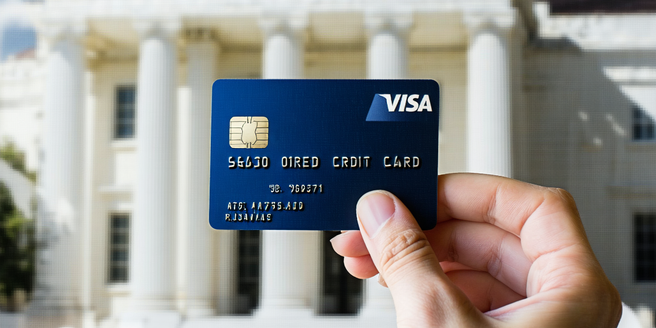
Understanding Secured Credit Card Fees
Secured credit cards often come with a variety of fees that users should be aware of. These can include annual fees, monthly maintenance charges, and even transaction fees. It’s crucial to understand these fees to make informed decisions about using a secured credit card. For starters, secured cards require a cash deposit, which acts as collateral and typically determines the credit limit. This initial requirement is not classified as a fee, but understanding this aspect is vital since it differentiates secured cards from unsecured ones. Besides the deposit, being aware of how various fees are structured helps cardholders manage their expenses better and maintain a good credit standing by avoiding unnecessary charges.
Annual Fees and How They Work
Annual fees are a common feature of many secured credit cards, acting as a predetermined charge billed each year simply for the privilege of using the card. These fees can vary significantly from card to card, making it essential for potential cardholders to compare options. Sometimes, the annual fee is offset by initial security deposits or may be waived for the first year as a promotional offer. It’s important to evaluate whether the benefits offered by the card justify the annual cost. Cardholders should consider their spend patterns and any rewards programs in place when deciding whether a card’s annual fee represents good value for them or if a no-annual-fee card would be preferable.
Monthly Maintenance Charges Explained
Monthly maintenance fees are another potential expense associated with secured credit cards. These charges are typically levied to cover the costs of managing and maintaining the credit account. The presence and amount of these fees can vary based on the card issuer’s policies and the specific terms of the cardholder agreement. These fees might seem small individually, but over time they can add up to a significant amount. It’s essential for cardholders to read the fine print and understand how these charges are applied, ensuring they are prepared for these recurring costs and can manage them within their monthly budget effectively.
Foreign Transaction Fees to Consider
When traveling abroad or making purchases from foreign vendors, secured credit card users may encounter foreign transaction fees. These are added to the cost of each purchase made outside the card’s home country, typically calculated as a percentage of the transaction amount. While some secured cards might offer no foreign transaction fees as a benefit, others could charge up to 3% per transaction, making overseas shopping or dining more expensive. Before traveling or shopping internationally, cardholders should review their card’s terms or consider alternatives that offer favorable terms to save money while enjoying their international experiences.
Late Payment Penalties and Impacts
Secured credit card holders must be vigilant in making payments on time, as late payments can lead to penalties and negatively impact credit scores. These penalties can include late fees and an increase in the card’s interest rate, often referred to as a penalty APR. Beyond monetary penalties, repeated late payments can severely damage the cardholder’s credit, making it harder to qualify for better credit terms in the future. It’s crucial to set up reminders or automate payments to avoid these pitfalls. By staying on top of payment schedules, cardholders can improve their creditworthiness and enjoy lower rates and better financial products.
What Are Cash Advance Charges?
Cash advances allow credit card holders to withdraw cash against their credit line, but they come with several fees and charges. Firstly, there is usually a cash advance fee, which could be a flat fee or a percentage of the amount advanced. Additionally, cash advances generally attract higher interest rates compared to regular purchases, and unlike standard transactions, they often do not have a grace period, meaning interest starts accruing immediately. Due to these costs, cash advances are best used sparingly and as a last resort. Understanding these charges is crucial before opting to use this feature, allowing for better financial planning and avoiding unnecessary debt.
